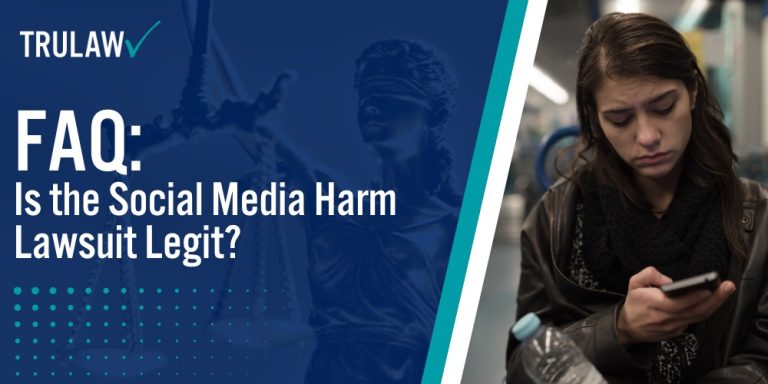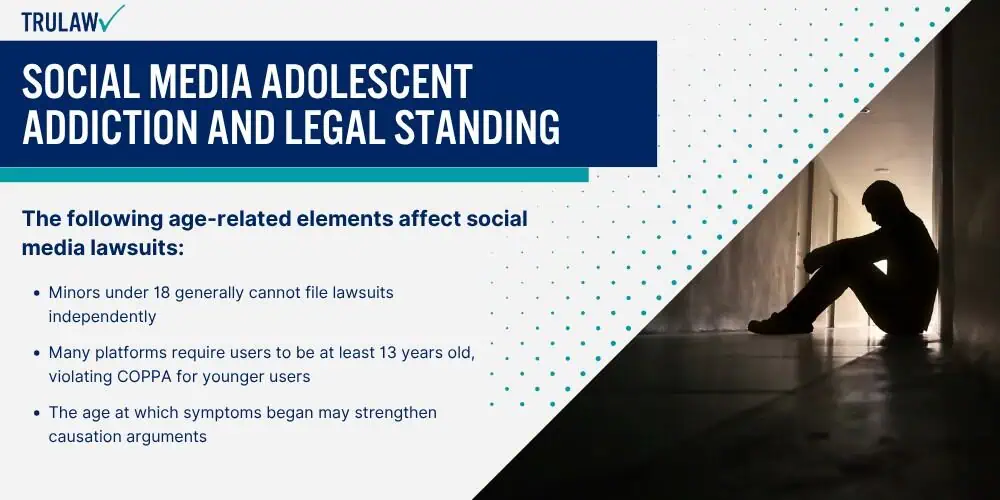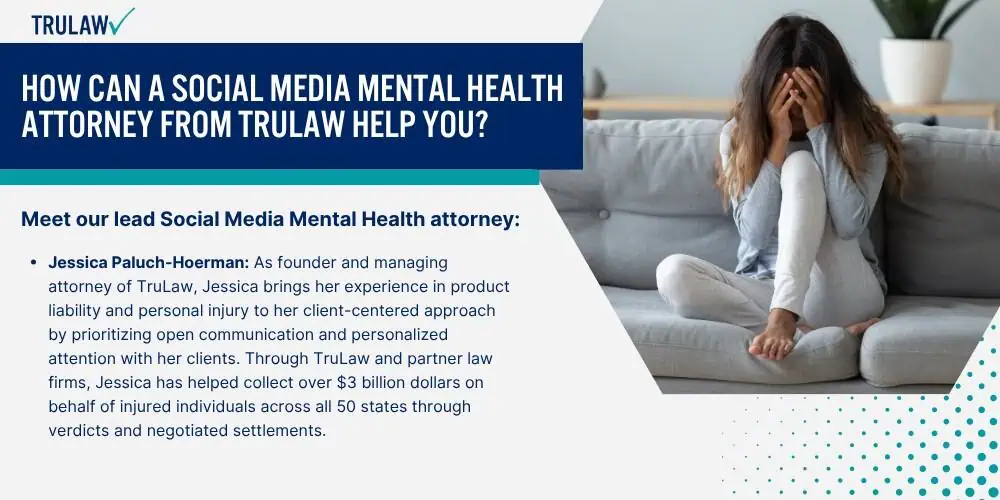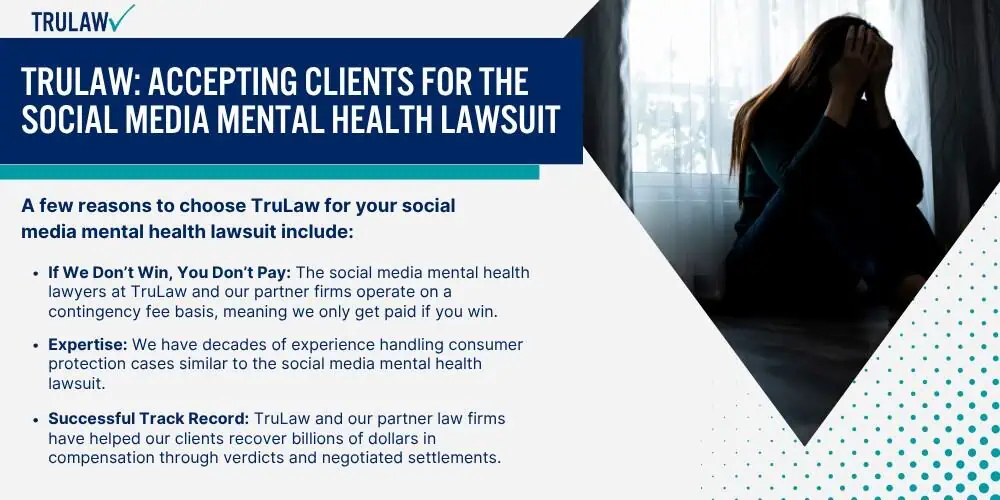Social media platforms have transformed how we connect and communicate, but research increasingly points to their harmful effects on mental health.
These platforms can trigger various psychological issues, particularly among younger users who spend substantial time engaging with digital content.
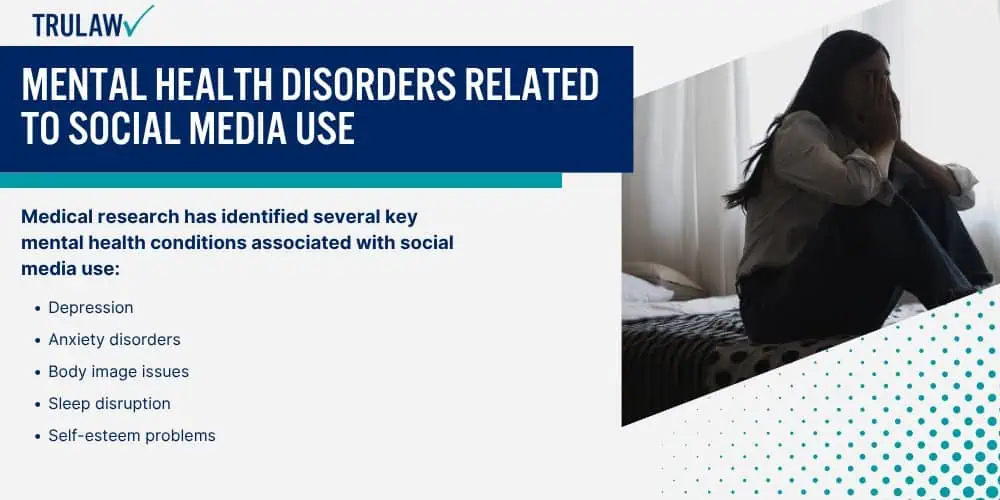
How Social Media Harm Affects Psychological Wellbeing
Prolonged use of social media platforms has been linked to various mental health conditions.
The constant comparison to curated lives of others, exposure to harmful content, and addictive design features contribute to psychological distress.
Medical research has identified several key mental health conditions associated with social media use:
- Depression
- Anxiety disorders
- Body image issues
- Sleep disruption
- Self-esteem problems
- Social isolation
- Attention deficits
The relationship between these platforms and mental health issues becomes especially important when examining high-risk groups.
Adolescents and young adults show heightened vulnerability, as their developing brains are more susceptible to external influences and peer validation.
Documenting Mental Health Impacts for Lawsuit Claims
Proper documentation is vital in building strong legal cases related to social media harm.
Medical records serve as the foundation for establishing the connection between platform use and psychological damage.
Effective documentation requires several important elements:
- Detailed medical history with timeline of symptoms
- Professional diagnoses from qualified mental health practitioners
- Treatment records showing interventions and medications
- Usage patterns of specific social media platforms
- Expert testimony connecting platform features to harm
- Evidence of known risks that companies failed to address
The strength of a claim often depends on demonstrating the direct relationship between specific platform features and the resulting psychological harm.
For example, algorithmically-driven content that promotes harmful behaviors or design elements that exploit vulnerability can strengthen a case.
Medical professionals can help establish this connection through thorough assessment and documentation.
Mental health specialists who understand the mechanisms of social media addiction and harm provide particularly valuable testimony in these cases.
